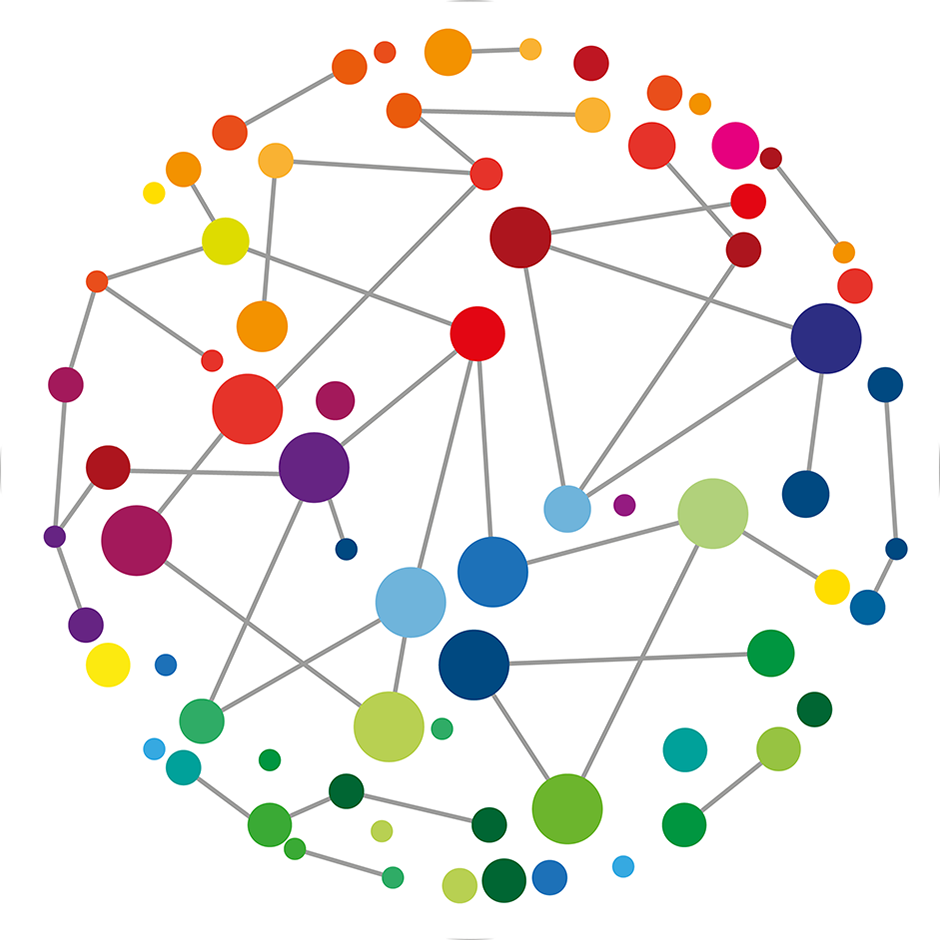The Future of 3PL: Trends and Innovations to Watch
Table of Contents
The landscape of 3PL services is undergoing a major transformation. Driven by rapid advancements in technology, shifting customer expectations, and global supply chain challenges, the future of 3PL logistics companies is being redefined. The role of 3PL providers in logistics services has never been more critical and businesses that adapt to these trends will be better positioned to thrive in an increasingly complex and competitive marketplace.
The Rise of AI and Robotics in 3PL Warehousing
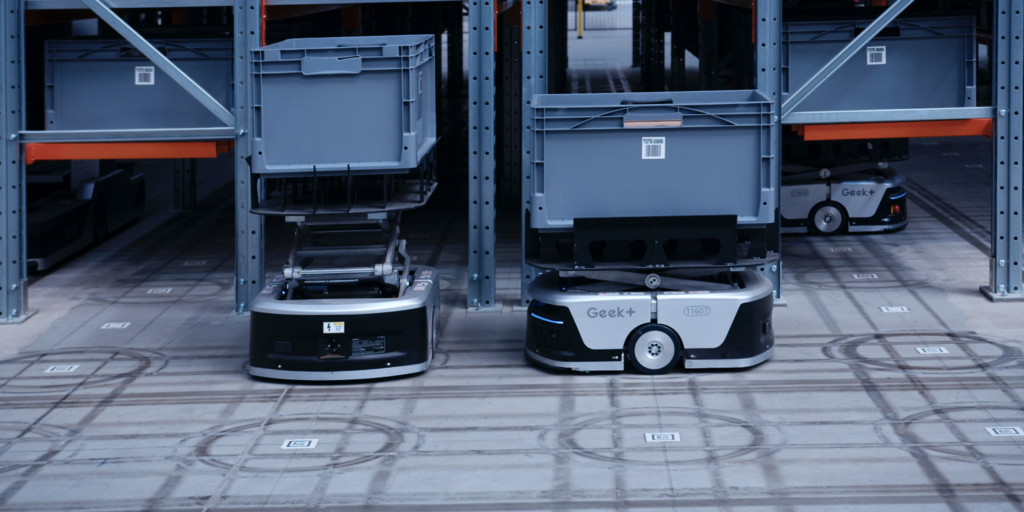
Automation is revolutionising 3PL logistics companies, particularly in 3PL warehousing. Artificial intelligence (AI) and robotics are transforming how 3PL services operate, enabling faster, more efficient, and more accurate processes.
By integrating AI-powered systems into warehousing, businesses can streamline tasks such as inventory management, order picking, and packaging. Automated robots can navigate warehouse floors, retrieve products from shelves, and prepare orders for dispatch, dramatically reducing processing times. This not only leads to fewer errors but also reduces operational costs for businesses using 3PL services.
For e-commerce fulfilment, where speed and accuracy are essential, AI and robotics are game-changers for third party logistics companies that embrace these technologies. Their advanced 3PL warehousing offers their clients a competitive edge by enhancing order fulfilment capabilities, lowering operational costs, and increasing customer satisfaction.
Sustainable Supply Chain Solutions
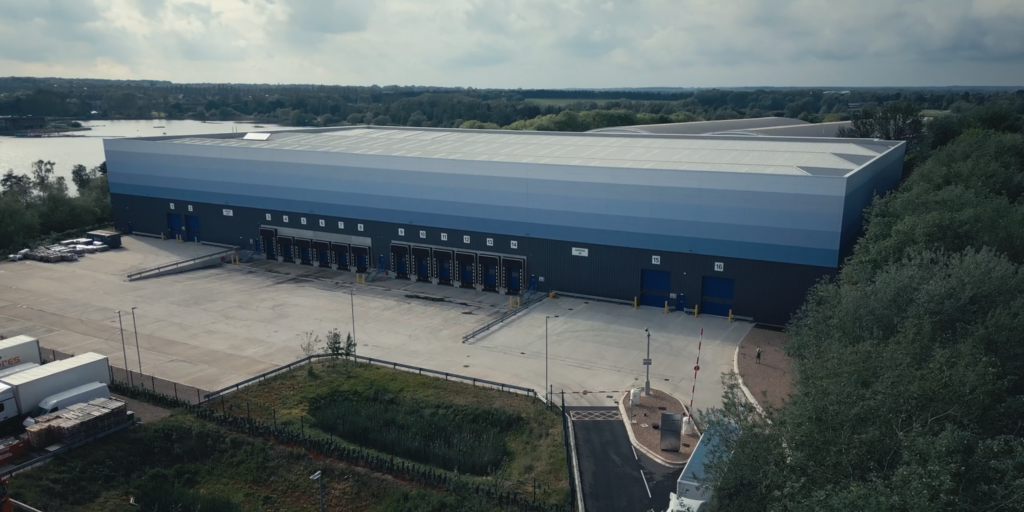
Sustainability is no longer a nice-to-have but a necessity in modern supply chains. Environmental concerns, regulatory pressures, and shifting consumer preferences are pushing companies to adopt greener logistics practices. 3PL services play a key role in helping businesses meet these sustainability goals.
Many 3PL logistics companies are implementing eco-friendly warehousing solutions, using renewable energy sources like solar or wind power. Electric vehicles (EVs) are increasingly being deployed for last-mile delivery, significantly reducing emissions. Additionally, route optimisation technologies ensure that deliveries are completed in the most fuel-efficient manner possible.
Sustainable logistics services don’t just benefit the environment; they also improve operational efficiency and cost-effectiveness. Businesses that prioritise sustainability can appeal to eco-conscious consumers and align with global efforts to reduce carbon footprints, while still delivering excellent service.
Last-Mile Delivery: The Competitive Edge
Last-mile delivery has become a crucial component of logistics services, particularly for e-commerce fulfilment. As customers increasingly expect faster, more reliable delivery, 3PL logistics companies are innovating to meet these demands.
Autonomous vehicles and drones are emerging as future solutions for last-mile delivery. These technologies offer the potential to cut delivery times and reduce the reliance on traditional transportation methods. Hyperlocal fulfilment centres are another innovation, enabling 3PL providers to store goods closer to the customer, ensuring quicker delivery.
The ability to offer speedy, dependable last-mile delivery is becoming a key differentiator for 3PL services. Those logistics companies that can guarantee fast and cost-efficient delivery will not only satisfy customer expectations but also position themselves as leaders in the market.
Partner With Us
Grow your sales with state of the art 3PL Solutions
Omnichannel Fulfilment: Meeting Customer Demand Across Platforms
In today’s retail environment, customers expect seamless shopping experiences whether they’re browsing online or in-store. To meet these expectations, businesses need to integrate their e-commerce fulfilment and brick-and-mortar operations. This shift towards omnichannel fulfilment is transforming how logistics services are structured.
3PL logistics companies are adapting by offering omnichannel solutions that connect inventory across various platforms. This allows businesses to manage stock more effectively, reduce overstock and stockouts, and provide quicker delivery times. An integrated approach enables customers to choose where, when, and how they receive their orders.
For businesses, partnering with a 3PL provider that excels in omnichannel fulfilment means smoother operations, better customer experiences, and improved inventory management across all sales channels.
Data-Driven Decision Making in 3PL
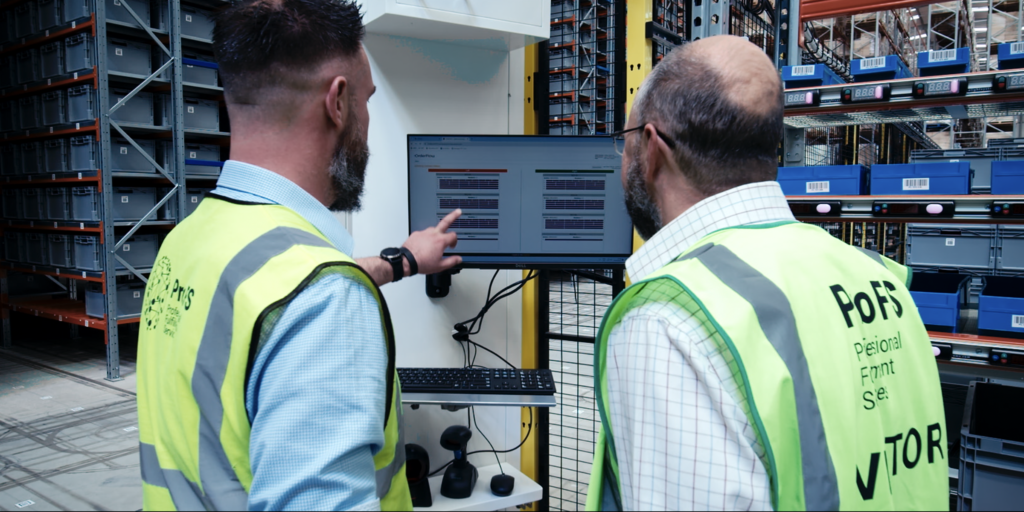
The future of logistics is data-driven. 3PL services increasingly rely on real-time data analytics to optimise every aspect of the supply chain. Data helps businesses forecast demand, manage inventory, and streamline delivery routes, improving efficiency across the board.
By partnering with 3PL warehousing providers that utilise data analytics, businesses gain valuable insights into customer behaviour and supply chain trends. This allows for better demand forecasting, minimising the risk of overstocking or running out of stock. Data also plays a pivotal role in optimising delivery routes, ensuring that goods reach customers as quickly and cost-effectively as possible.
Data-driven decision-making enhances logistics services by enabling businesses to respond proactively to market changes, improve operational efficiency, and offer more reliable customer experiences.
Flexibility and Scalability in 3PL Partnerships
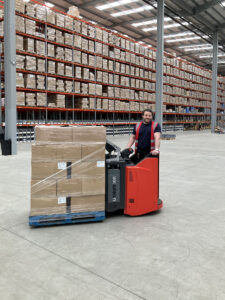
In the fast-paced world of e-commerce, flexibility is critical. Businesses experience fluctuations in demand due to seasonal peaks, product launches, or unforeseen market changes. A key advantage of working with a modern 3PL logistics company is the ability to scale operations up or down as needed.
Whether it’s increasing warehouse capacity, adding more vehicles to the delivery fleet, or adjusting staffing levels, a flexible 3PL service provider can adapt to changing business requirements. This scalability allows businesses to manage growth effectively without the need for major investments in infrastructure.
3PL providers offer customised logistics services that align with the specific needs of their clients. From handling specialised products to implementing unique delivery methods, a flexible 3PL partner ensures that businesses can maintain operational efficiency even during periods of rapid change.
Preparing for the Future of 3PL
The future of 3PL services is defined by innovation, sustainability, and flexibility. As global supply chains become more complex, businesses need to stay ahead of emerging trends in logistics services to remain competitive. Partnering with a forward-thinking 3PL logistics company that embraces AI, robotics, sustainable solutions, and data analytics will not only streamline operations but also enhance customer satisfaction.
Businesses that invest in scalable, flexible, and data-driven logistics solutions will be well-positioned to succeed in the future of e-commerce fulfilment. Understanding and adapting to these trends will help companies maximise the value of their third-party logistics partnerships, ensuring they can thrive in a rapidly changing market.
Contact Pro FS today to discover how our innovative, scalable, and sustainable logistics services can help your business thrive in the evolving landscape of e-commerce fulfilment.
